Following Pope Francis’ passing at age 88, several cardinals are considered in line to become the next pope.
Following the death of Pope Francis at the age of 88, the Catholic Church is now preparing to select a new leader.
This decision is vital for the Church, which has approximately 1.39 billion followers worldwide.
The selection process will consider several cardinals as potential successors, and their backgrounds and beliefs will play an essential role.
Catholics enter mourning period after Pope Francis’ death.
Pope Francis passed away on April 21, 2025. The Vatican confirmed his death, and Cardinal Kevin Farrell expressed sorrow over the loss.
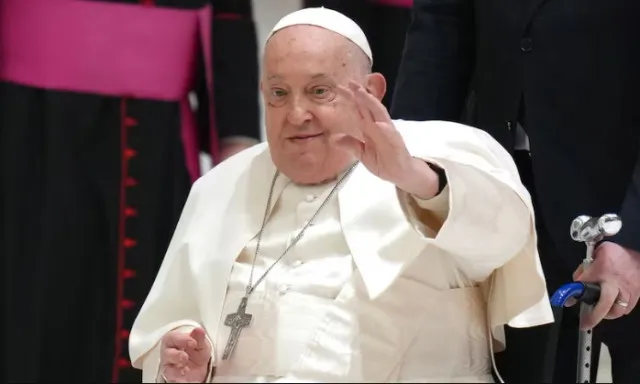
In his statement, he reflected on the late pope’s dedication to serving God and the Church.
As the Church enters a mourning period, discussions about the next pope have begun.
How the next Pope will be chosen
The College of Cardinals will elect the new pope during the papal conclave.
This group consists of senior Catholic clergy who gather in secret to vote.
The voting occurs in the Sistine Chapel, with cardinals casting their votes up to four times a day.
Currently, there are more than 240 cardinals worldwide, but only 120 are eligible to vote, as only those under the age of 80 can participate.
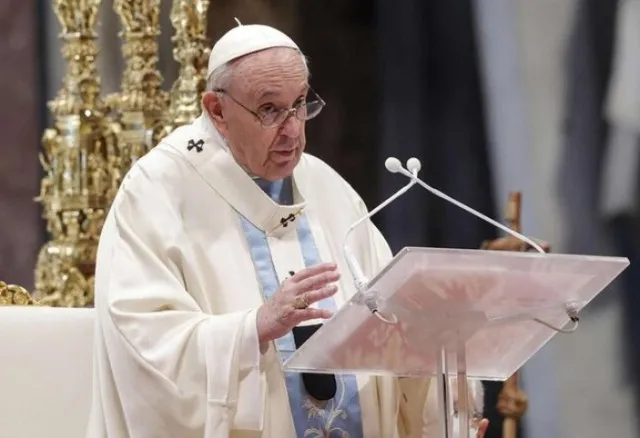
As of now, there are 138 eligible voters. A candidate must receive a two-thirds majority to become the new pope.
The voting process typically lasts between 15 and 20 days.
Several cardinals have emerged as frontrunners in the race to become the next pope.
Each candidate brings unique perspectives and experiences that could shape the future of the Church.
All the cardinals considered for the next Pope
Cardinal Raymond Leo Burke
Cardinal Raymond Leo Burke is an American prelate known for his conservative views.
He has openly disagreed with Pope Francis on several issues, including the Church’s stance on divorce and LGBTQIA+ rights.
Burke’s traditionalist approach contrasts with the more progressive direction that Pope Francis advocated.
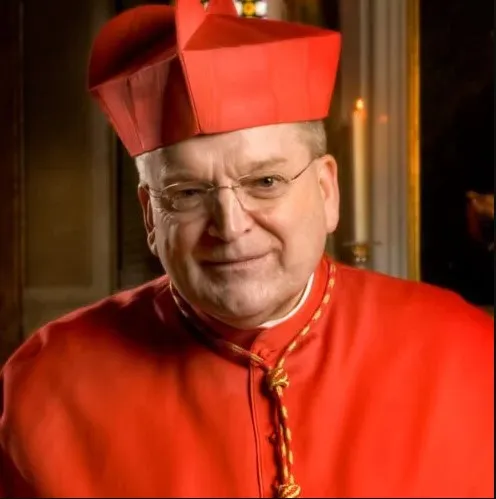
Cardinal Peter Erdö
Cardinal Peter Erdö from Hungary viewed as a leading conservative candidate.
He has served as the Archbishop of Esztergom-Budapest and is known for his emphasis on unity among Christians.
Erdö’s focus on bridging the gap between Eastern and Western Christianity strengthens his position as a significant leader within the Church.
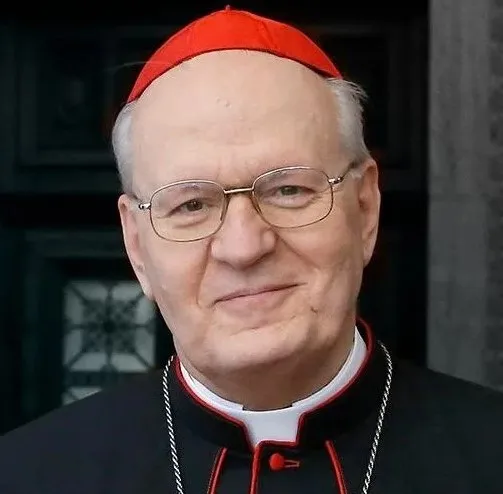
Cardinal Jose Tolentino de Mendonça
Cardinal Jose Tolentino de Mendonça hails from Portugal and is one of the youngest members of the College of Cardinals at 59.
Appointed as a cardinal in 2019, he has served as an archbishop and recognized for his progressive views.
His background as a university professor and poet adds a unique dimension to his candidacy.
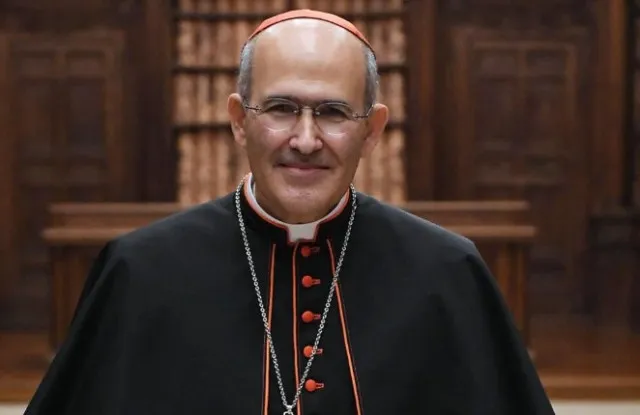
Cardinal Pietro Parolin
Cardinal Pietro Parolin, the Holy See’s Secretary of State, is a close ally of Pope Francis.
He has held this position since 2013 and commands respect within the Vatican.
Parolin’s diplomatic experience and strong ties to the current pope make him a strong contender for leadership.
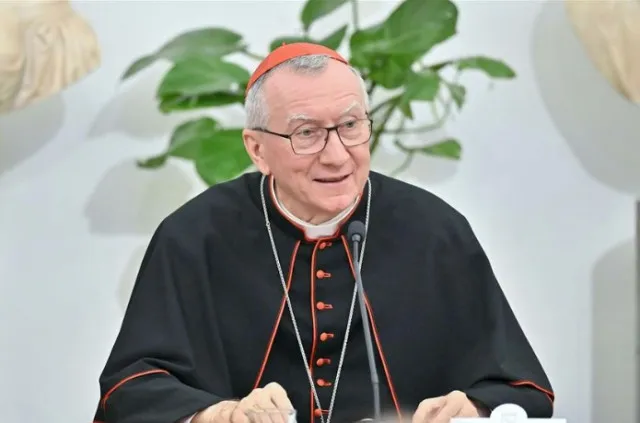
Cardinal Pierbattista Pizzaballa
Cardinal Pierbattista Pizzaballa, the Latin Patriarch of Jerusalem, has served in this role since 2020.
He elevated to cardinal status in 2023 and shares many views with Pope Francis.
Pizzaballa known for his commitment to interreligious dialogue and concern for migrants.
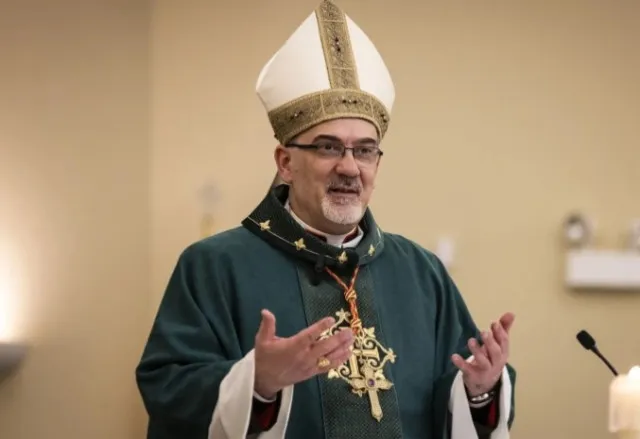
Cardinal Cristóbal López Romero
Cardinal Cristóbal López Romero, the Archbishop of Rabat in Morocco, has dedicated much of his work to advocating for migrants.
He became a cardinal in 2019 and has been influential in promoting the well-being of vulnerable populations.
His focus on social justice aligns with the values emphasized by Pope Francis.
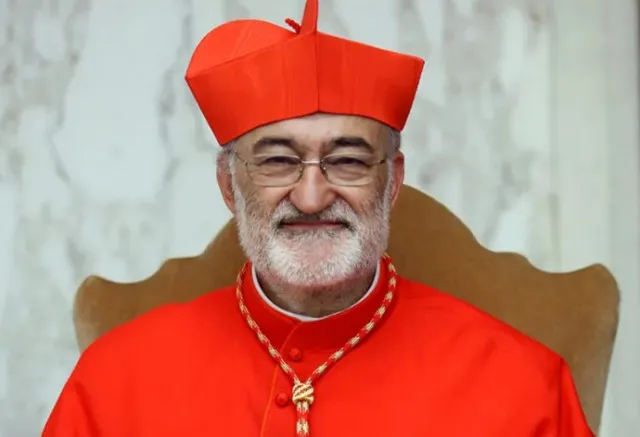
Cardinal Luis Antonio Tagle
Cardinal Luis Antonio Tagle from the Philippines was previously the Archbishop of Manila.
He is seen as part of the progressive wing of the Church and currently serves in various roles, including as Pro-Prefect for Evangelization.
Tagle’s views on social justice and moral issues reflect the complexities of his position.
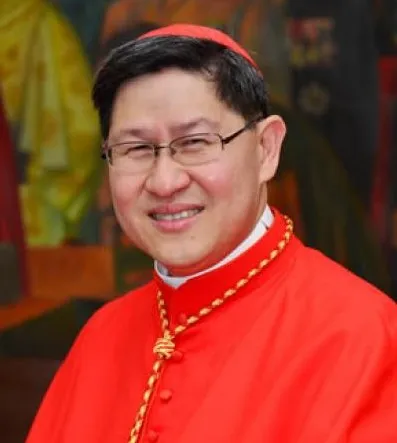
Cardinal Matteo Zuppi
Lastly, Cardinal Matteo Zuppi, the Archbishop of Bologna, has a history of peacemaking, notably helping to end the civil war in Mozambique.
He has actively participated in diplomatic efforts related to the conflict in Ukraine.
Zuppi’s experience in leadership roles makes him a noteworthy candidate for the papacy.
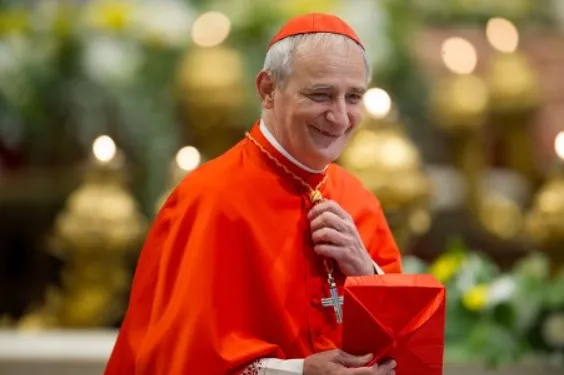
The papal conclave will begin after mourning concludes.
The papal conclave usually begins two to three weeks after the death of a pope.
This allows time for mourning and for cardinals to arrive in the Vatican.
The outcome of the conclave will have lasting effects on the Catholic Church and its direction in the years to come.